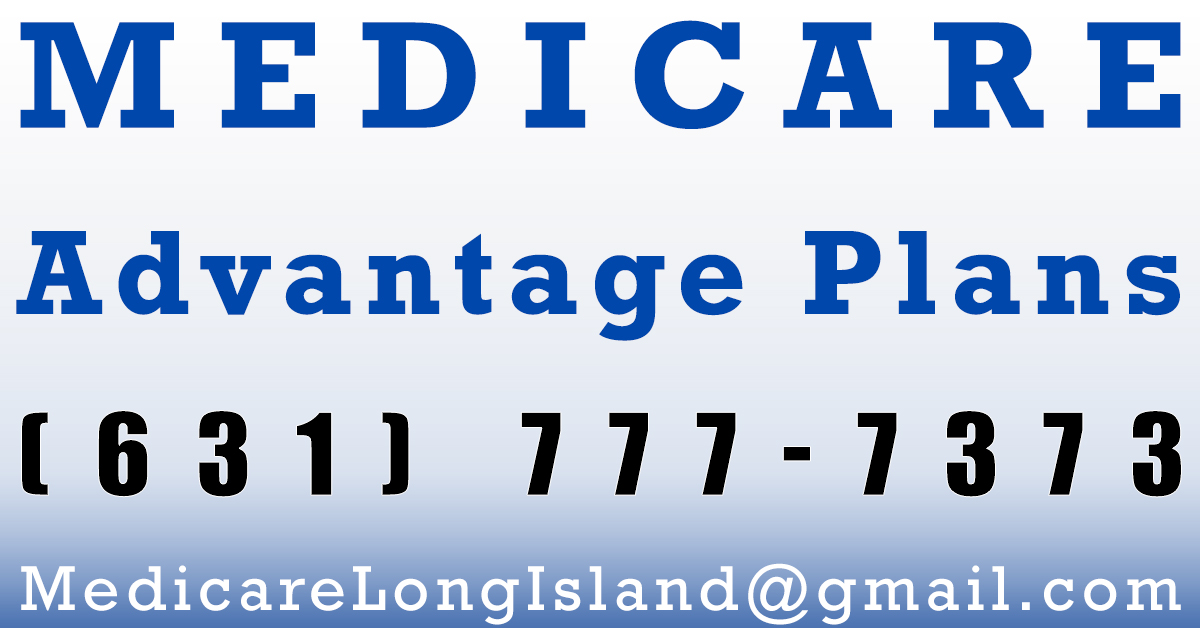(Medicare Part C)
Every year, 20 million Americans sign up for Medicare Advantage plans, also known as Part C. In fact, 34% of all Medicare recipients were enrolled in an Advantage plan in 2018. That year, most individuals covered by Advantage plans had access to benefits not covered by Original Medicare.
What are the benefits that convince millions of people to opt for Advantage plans over Original Medicare?
Advantage plans offer the convenience of a single plan with a single card. Offered by private companies, these plans offer all the benefits of Medicare Parts A & B. Many plans provide additional benefits, which can include prescription drug coverage, vision, dental, hearing benefits, and health & wellness programs.
Individuals enrolled in an Advantage plan pay two premiums: one for Medicare Advantage and one for Part B.
However, this doesn’t mean that these plans are necessarily more expensive. Half of Advantage Prescription Drug Plan enrollees pay no premium beyond the Part B premium. When accounting for co-pays and deductibles, individuals with Advantage plans often have a lower total cost of healthcare compared to individuals covered by Medicare Parts A & B.
All Advantage plans must provide the same benefits provided under Parts A & B.
Beyond this minimum coverage, Advantage plans provide eligible individuals with a variety of plans to select from. Preferred Provider Organizations (PPO), Medical Savings Account Plans (MSA), Health Maintenance Organizations (HMO), Private Fee-for-Service Plans (PFFS), and Special Needs Plans (SNP) are all available through Medicare Advantage. The Medicare Program rates Advantage plans annually based on quality and performance. Ratings are between one and five stars, with five stars indicating the best level of service.
With so many options, how should you select a plan that’s right for you?
Consider your prescription drug needs, including the co-pays for associated drugs you are already taking. Are your current health care providers within the plan’s network? If not, what are the consequences of going out of network? (All Advantage Plans are required to offer emergency coverage outside of their service area.) What are the out of pocket costs of getting care, including deductibles, premiums, and co-pays? Does the plan require referrals to see a specialist? All these questions are relevant to selecting an appropriate plan.
